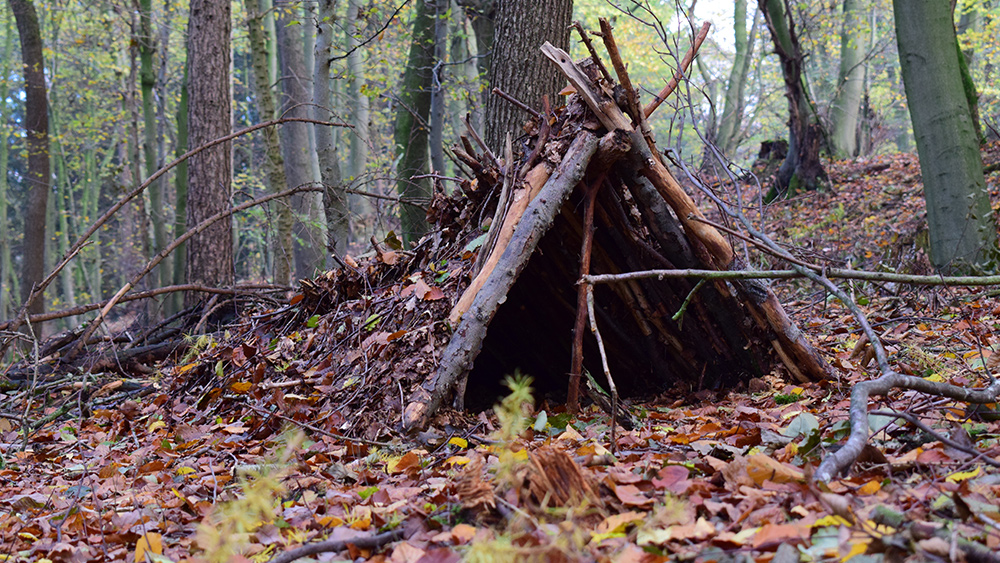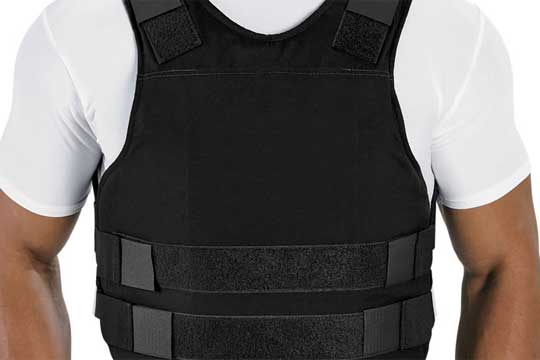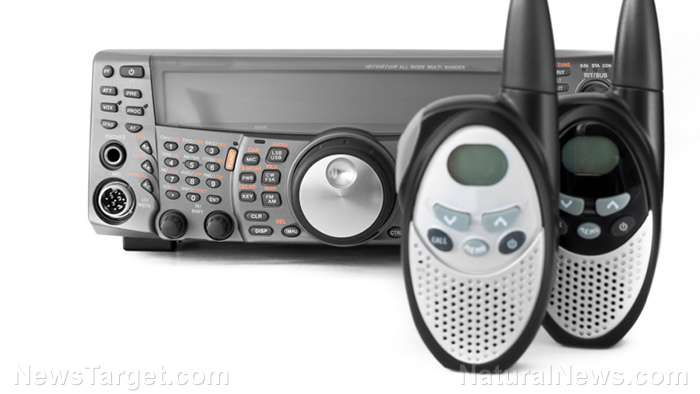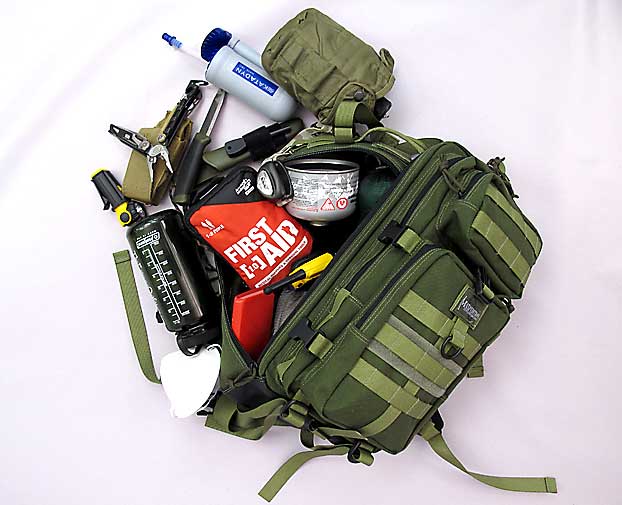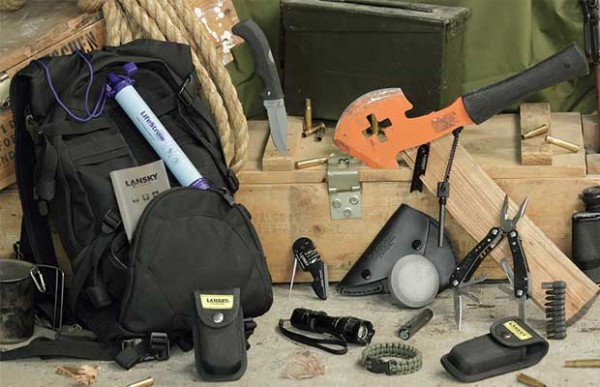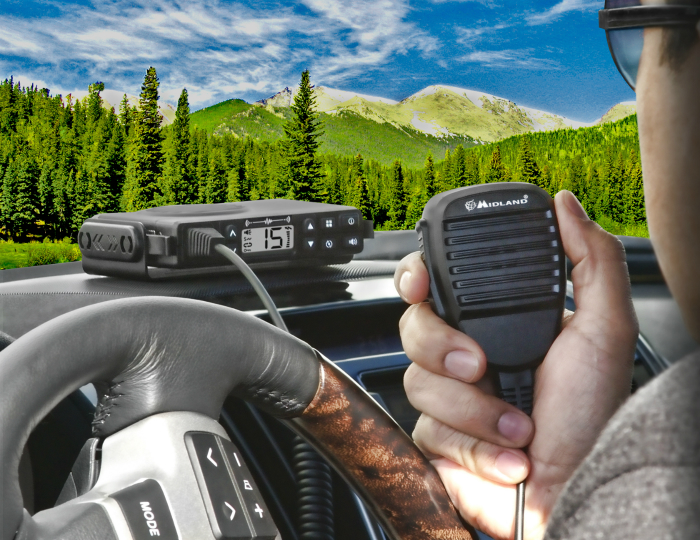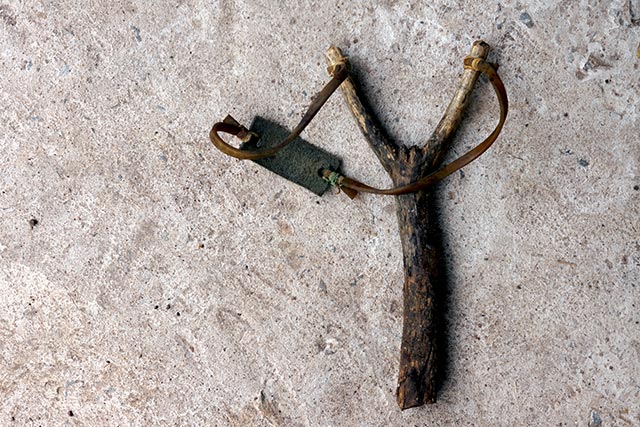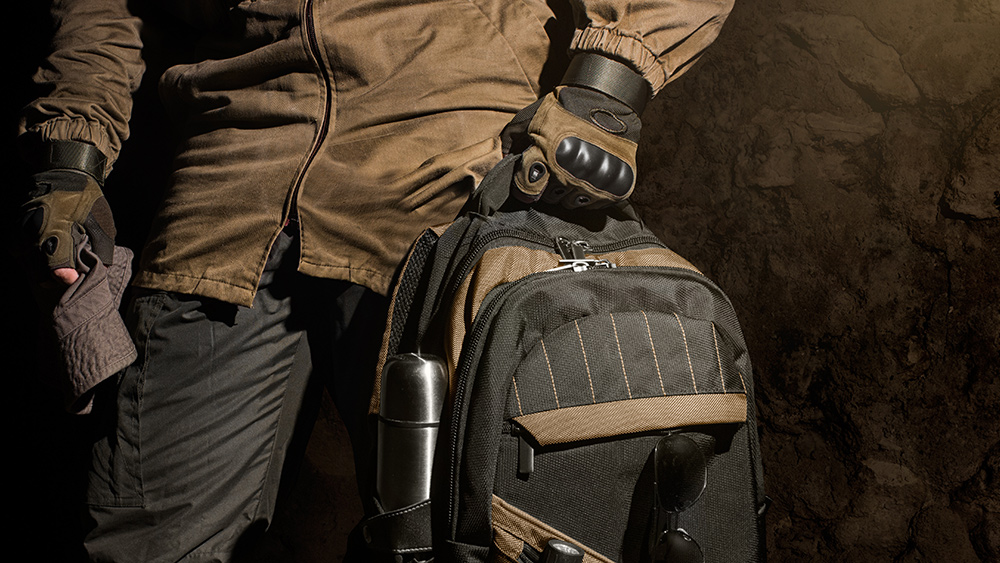An ace up your sleeve: 5 Best places to hide a bugout bag
12/10/2021 / By Virgilio Marin
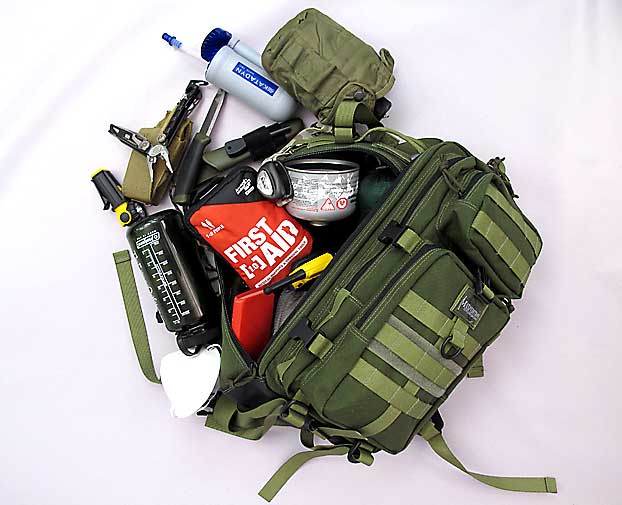
No matter how much thought you’ve put into assembling a bug-out bag (BOB), it’s not going to be worth anything unless it’s kept somewhere safe and accessible when SHTF. A quick and easy fix is to keep your BOB with you all the time. However, that’s easier said than done considering that BOBs, though portable, are not easy to lug around. Consider hiding your BOB in one of these five secure locations: (h/t to SurvivalSullivan.com)
1. Home
Your home is one of the most accessible and safest places to keep your BOB. There’s a tendency to stay at home for some time after the onset of a crisis and then later depart once the situation has deteriorated. With your BOB at home, you don’t need to make a pit stop on your way to your bug-out location.
The trouble arises when disaster strikes and you’re away from home. One option is to keep a get-home bag, or GHB, which is a mini-BOB designed for getting you to your BOB. A GHB includes essentials like food, a map and compass, concealed carry, mask, gloves and a first-aid kit. The contents of a GHB depend on how long you’ll be using it, so you might need to add more items like a sleeping bag and water purifier if you’re outside for more than a day.
2. Vehicle
A vehicle is with you wherever you are. It’s just close by whether you’re at home, work or on a camping trip. It’s a flexible and mobile place to keep your kit, affording you the chance to immediately bug out when the time comes for it.
The downside is that a BOB’s contents degrade faster since cars host temperature extremes. It gets really hot inside a vehicle in the summer and extremely cold in the winter. Moreover, vehicles are not safe storage. One look inside and thieves can easily see what you’re hiding and break-in.
As a fix, rotate and replace the items in your kit to keep them in good condition. As for securing your car from a break-in, consider doing upgrades for an SHTF-proof vehicle.
3. Workplace
It pays to keep your survival essentials in the office should you be working when SHTF. This option is enticing especially for workers like firemen and medics who usually get the call of duty in the middle of a disaster.
Take note that before hauling a bulging backpack full of survival gear, you first need a keen understanding of your workplace culture and where you fit in it. You don’t want people in your building catching sight of things like gun ammo if your workplace does not allow such items.
4. Self-storage
Storage units are everywhere in the nation and provide ample space for bigger provisions like a rifle or bicycle. They’re also secure, as most of them have modest security and are climate-controlled. The downside is that you have to pay for a storage unit and may not offer 24-hour access. But all things considered, this location is still better compared to an average office or vehicle. This is ideal especially for preppers who live in areas where home invasions and burglaries are rife. (Related: These important items deserve a place in every bug-out bag.)
5. Cache
A prepper’s cache can be anything, from a buried container to a hidden compartment in an old building. Caching survival gear is great for keeping it hidden and offers you the opportunity to select an optimal location to stash your BOB. You can place it somewhere along your escape route, avoiding the trouble of having to retrieve it someplace away from your bug-out location.
Remember to check your BOB every now and then as the elements can destroy your valuables. Additionally, be sure that it’s not discoverable as putting it outside runs the risk of it being stolen.
Put your BOB in these locations and consider keeping several BOBs to keep you covered wherever you are when SHTF.
Sources include:
Tagged Under: BOB, bug out, bug-out bug, Get Home Bag, hideout, off grid, preparedness, prepper, prepping, SHTF, survival, survival essentials, survival gear, Survival Tips, survivalist
RECENT NEWS & ARTICLES
COPYRIGHT © 2018 SURVIVALGEAR.NEWS
All content posted on this site is protected under Free Speech. SurvivalGear.news is not responsible for content written by contributing authors. The information on this site is provided for educational and entertainment purposes only. It is not intended as a substitute for professional advice of any kind. SurvivalGear.news assumes no responsibility for the use or misuse of this material. All trademarks, registered trademarks and service marks mentioned on this site are the property of their respective owners.

